Peter Hitchens vs Edward Lucas on the Crimea confrontation
Both these short articles appeared in the Mail on Sunday today. My friend Ed Lucas (a fellow former Moscow Correspondent and now a distinguished writer for the Economist) and I also hope to discuss this matter in New York City on Wednesday 12th March, at a debate organised by Intelligence Squared:
My view:
We have been rubbing Russia up the wrong way for nearly 25 years.
It is hard to see why.
Moscow could have been our friend if we had wanted that.
We rightly viewed the old Soviet Union as a global menace to freedom.
But Russia is no such thing, just a major regional power sick of being humiliated and pushed around by ignorant outsiders.
I watched the old Soviet menace vanish on the streets of Moscow in August 1991 when a KGB putsch failed, the Communist Party was shattered in pieces, and the USSR collapsed in a cloud of rust.
Russians always believed there was an unspoken agreement that, in return for this, they would be allowed their dignity. They now believe that agreement has been broken.
What was left after 1991 was Russia, a proud and courageous people living amid the wreckage left by 74 years of Marxism and hoping to revive their ravaged country. We could have helped them.
By indulging Boris Yeltsin’s debauched reign (during which he shelled his own parliament while the West looked on complacently), we made Russian voters see Vladimir Putin as an attractive alternative.
The Putin government is squalid, but nothing like as bad as that of China, with whom we are on good terms.
Rather than recognising that the Cold War was over, we re-started it for no good reason, encouraging Russia’s neighbours to join the EU or Nato as if the USSR still existed.
In recent months, the EU and the United States have been willing to wound but afraid to strike.
They have aggressively sought to detach Ukraine from Russia and draw her into the EU orbit, knowing very well that this would infuriate Moscow.
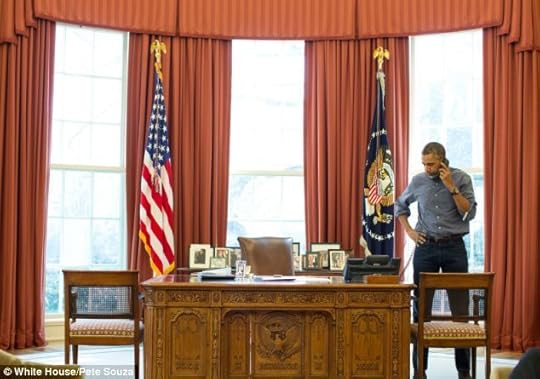
Rather than recognising that the Cold War was over, we re-started it for no good reason, encouraging Russia's neighbours to join the EU or Nato as if the USSR still existed
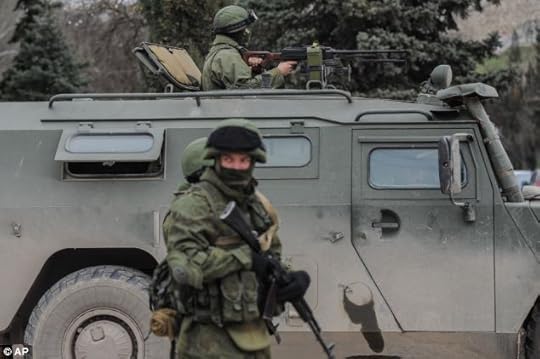
We have awakened the ancient passions of this cruel part of the world, who knows where it will lead?
Senior American, German and EU figures have gone to Kiev to egg on the anti-Russian crowds. Imagine how you would feel if Russia’s Foreign Minister turned up at SNP rallies in Edinburgh, backing Scottish independence.
Putin’s Crimean games are a sarcastic response.
The unspoken message is: ‘You like breakaway movements and meddling in other people’s business? Try this for size.’
And now, having raised hopes we cannot fulfil, we have awakened the ancient passions of this cruel part of the world and who knows where our vainglorious folly will now lead?
And Edward Lucas's view:
Out of our own self-interest we promised to protect Ukraine.
Now we have failed the country – and I fear we will suffer for it.
Putin’s attempt to recreate the Soviet empire threatens not only Ukraine, but the peace of Europe. Our supine reaction is suicidally risky.
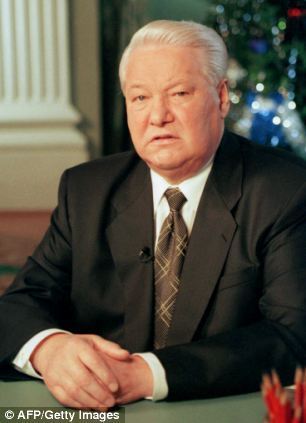
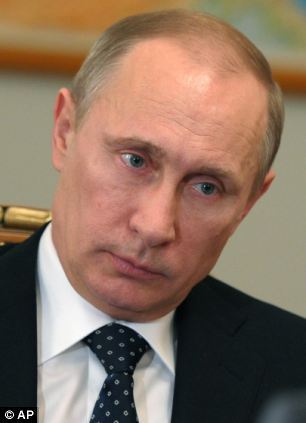
Boris Yeltsin's Russia was friendly when Ukraine agreed to surrender its nuclear weapons in exchange for peace. How were they to know a quiet bureaucrat in St Petersburg called Putin would change that?
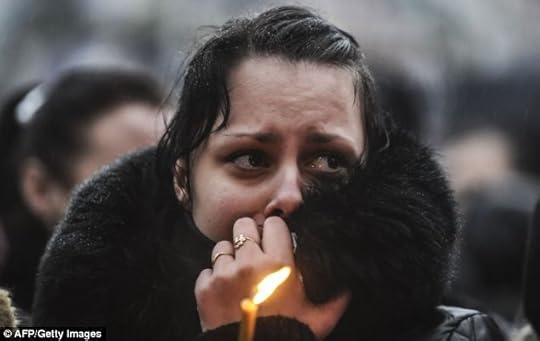
Britain, the US and Russia promised that Ukraine would not be subject to aggression or economic coercion
Britain, the US and Russia signed the Budapest Memorandum of 1994 – a deal in which Ukraine gave up its ex-Soviet nuclear weapons, thus ensuring they would not be stolen or misused.
In return the three outside powers promised that Ukraine would not be subject to aggression or economic coercion and that its borders would be inviolable.
Ukraine had no need for doomsday weapons and gave them up gladly.
Memories of the Chernobyl meltdown in 1986 were still raw.
Boris Yeltsin’s Russia was friendly in those days.
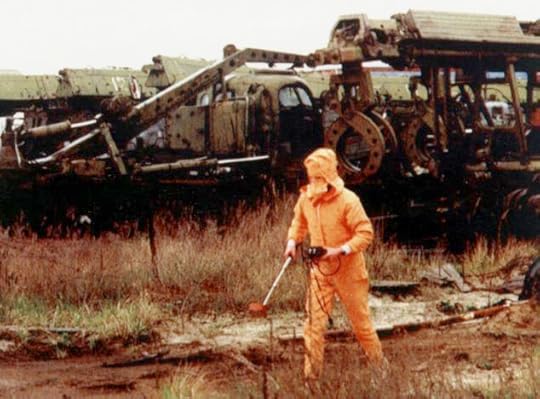
After Chernobyl, the Ukrainians were willing to dispose of their nuclear arms - they chose to be safe not sorry
Nobody had heard of a quiet bureaucrat in St Petersburg called Vladimir Putin with close links to the city’s organised crime groups. Nobody knew that he would one day rule Russia.
Even in 1994, Ukrainians wanted to be safe not sorry.
Soviet rule had been nightmarish: millions perished in the artificial famine of the 1930s.
After the war, Stalin crushed resistance with brutal repressions.
So Ukraine sought solemn assurances that in exchange for abandoning nuclear weapons, the country’s borders would be inviolable.
Imagine if the Ukrainian negotiators could have seen the news of the past few days.
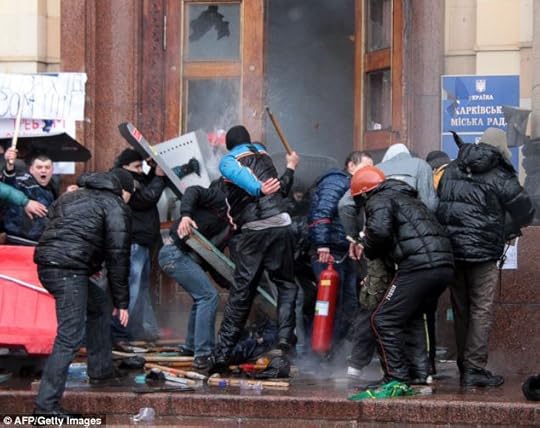
Now they are at the mercy of the Russians' broken word that could affect peace across Europe
The Budapest Memorandum has been flagrantly breached by Russia.
First by a series of targeted and crippling trade sanctions against Ukraine to prevent it signing a deal with the European Union, which is backed by a clear majority of the population.
Second, by backing the regime’s crackdown in the capital Kiev. And then with the occupation of Crimea.
The Russians broke their word – but so did we. Britain has spinelessly funked even mild measures such as visa bans and asset freezes to punish the Kremlin for its behaviour.
Would the Ukrainian government of the day have blithely given up their nuclear weapons in exchange for our solemn assurances had they known Russia would attack and we would do nothing?
Of course not. Mr Putin has learned that aggression goes unpunished. Which country will he menace next?
Peter Hitchens's Blog
- Peter Hitchens's profile
- 299 followers



